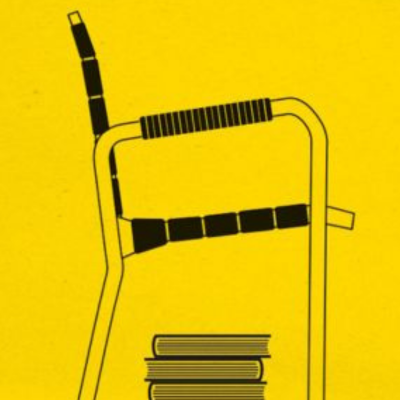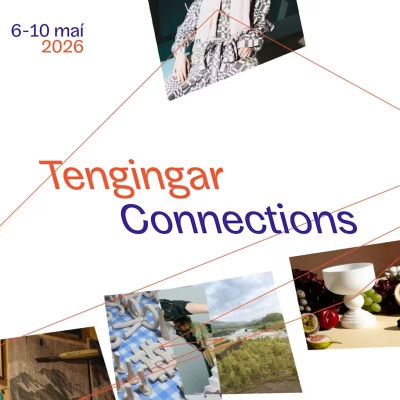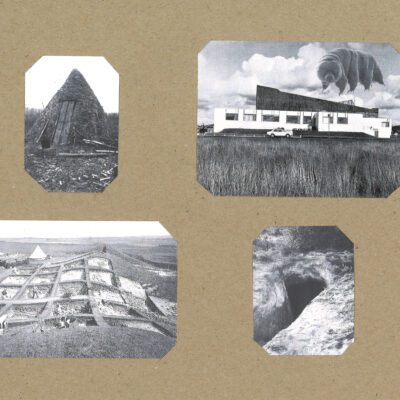
Fyrirlestrar í náttúruvísindum – Ig Nobel Prize: first laugh, then think
17:00 -19:00
The lecture is taught in English
We are again able to invite some of the researchers who have received the alternative Nobel Prize – the Ig Nobel Prize – to Aarhus University. It is hard to describe the Ig Nobel Prize and not least lectures of the price winners – it needs to be experienced. Here is a try though:
The award ceremony takes place every year in a blaze of publicity at a great gala ceremony at Harvard University, USA and is orchestrated by the founder of the prize, Marc Abrahams. The Nobel Prize brings into focus ten research results of the year that are exceptionally creative, unlikely and bizarre, though still serious. To put it in another way: The prize goes to “peculiar research” that in the first place makes us laugh and then afterwards gives us food for thought.
The prize covers a wide range of sciences, yet with main emphasis on natural science, medicine and social science. In general, the prizes are given to respected serious research which has been published in peer-reviewed scientific journals.
The evening will begin with a short lecture from the founder of the prize Marc Abrahams who, with a twinkle in the eye, will talk about the prize, the ceremony at Harvard University and some of the latest years prize winners and their research “which neither can or should be repeated”. After this, the Ig Nobel Prize winners below will explain and perhaps demonstrate their prize-winning achievements:
Marc-Antoine Fardin, Institute Jacques Monod, CNRS, Université Paris Diderot – for using fluid dynamics to probe the question „Can a Cat Be Both a Solid and a Liquid?“. (2017 PHYSICS PRIZE).
Marisa López-Teijón and Alex Garcia-Faura, Institut Marquès, Spain – for showing that a developing human foetus responds more strongly to music that is played electromechanically inside the mother’s vagina than to music that is played electromechanically on the mother’s belly. (2017 OBSTETRICS PRIZE).
Minna Lyons University of Liverpool, United Kingdom – for amassing evidence that people who habitually stay up late are, on average, more self-admiring, more manipulative, and more psychopathic than people who habitually arise early in the morning. (2014 PSYCHOLOGY PRIZE).
Warning: The lectures are not suitable for the humourless. 🙂
Fyrirlestrar í náttúruvísindum
Með fyrirlestraröðinni Almennir fyrirlestrar í náttúruvísindum er hægt að kynna sér það nýjasta í vísindunum. Norræna húsið streymir átta fyrirlestrum í náttúruvísindum frá Háskólanum í Árósum. Fyrirlestraröðin byggir á nýjum vísindalegum uppgötvunum og/eða nýjum upplýsingum sem annað hvort fella eða styðja við eldri tilgátur og kenningar í fræðunum.
Fyrirlestrarnir eru allir á háskólastigi, flestir fara fram á dönsku og eru öllum opnir. Ókeypis aðgangur.
Pása er haldin í miðjum fyrirlestri og áhorfendur geta notað tækifærið til umræðna eða sent inn spurningar til fyrirlesaranna með sms eða á twitter. Boðið er upp á kaffi í hléinu.
Næstu fyrirlestrar á vormisseri 2018
Allir fyrirlestrarnir eru á þriðjudögum kl. 17-19
April
- Ig Nobel Prize: first laugh, then think (ENSKA), 10. apr
- Myrer, 17. apr
Maí
- Reward, prediction and brain dopamine (ENSKA), 1. maj
Kynningarmyndband (https://www.youtube.com/watch?v=q1s0_68pRCo)
Fyrirlestrunum er streymt í háskólum, bókasöfnum og víðar í Danmörku, Færeyjum, Grænlandi og nú á Íslandi.
Vefsíða fyrirlestranna: https://ofn.au.dk/
Facebook síða fyrirlestraraðanna: https://www.facebook.com/OffentligeForedrag/







